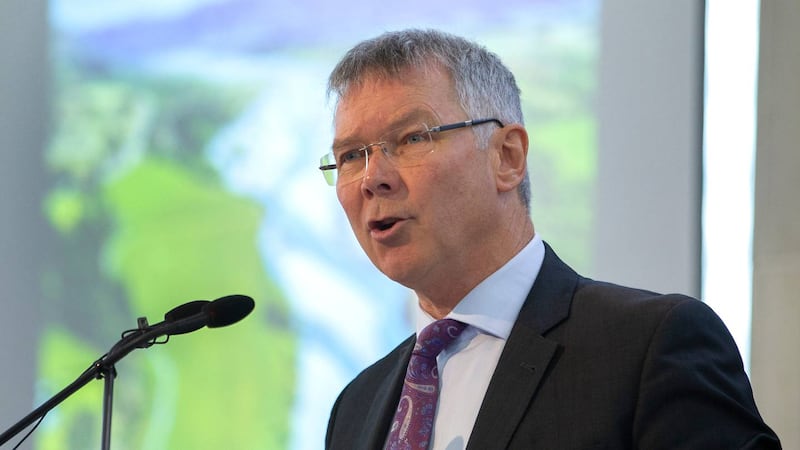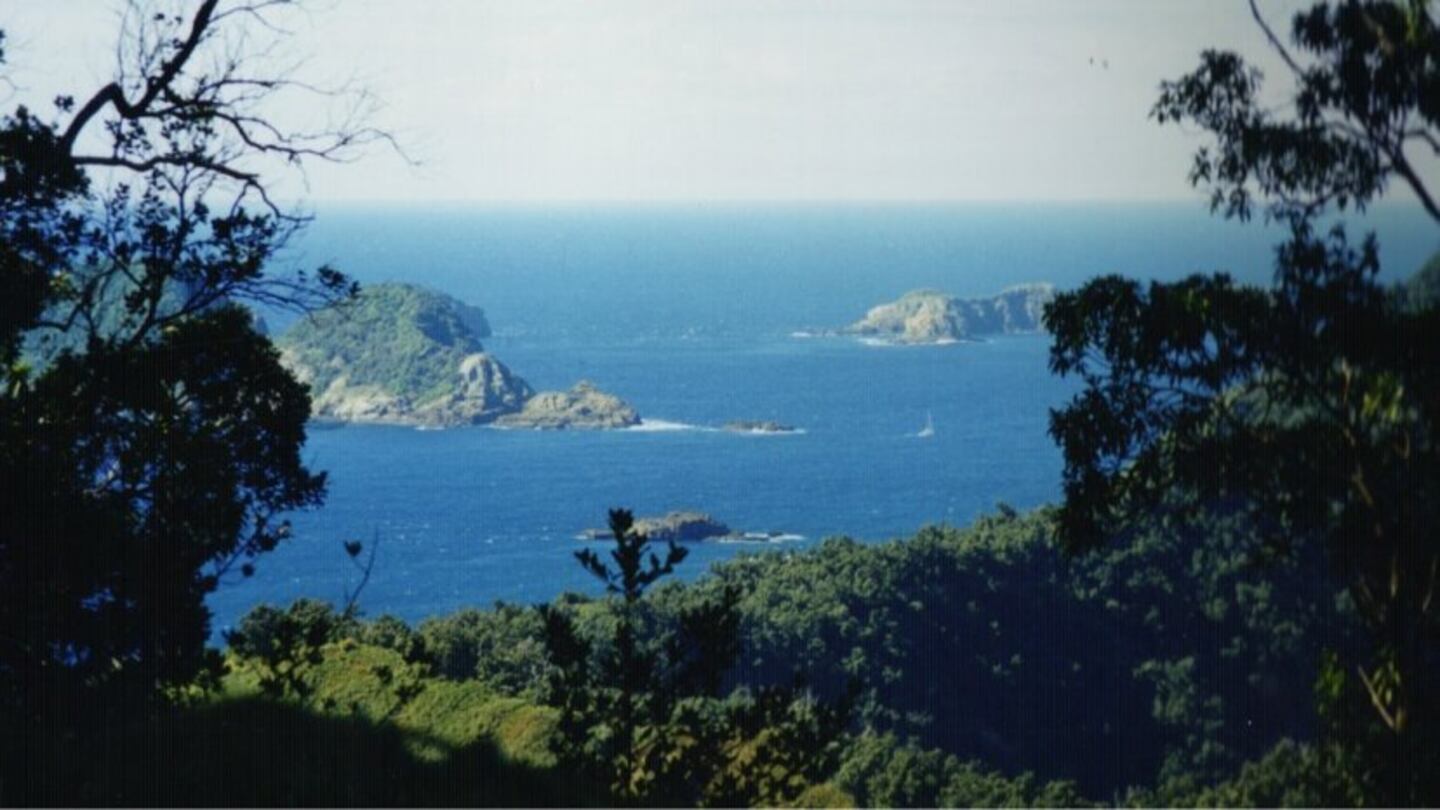A view from Rangitahua (Raoul) Island, Kermadec Islands, New Zealand. Meyer Islands (Center Left), Dayrell Island (Center Right), Egeria Rock (foreground), Chanter Island (in the trees on the right) and Nugent Island in the trees on the very left. Photo / Lawrie Mead / Public Domain
Iwi leaders have voted against the latest proposal put forth by the government to establish the Kermadec Ocean Sanctuary.
The move has left the government claiming it's been blindsided, despite leaders having previously signalled a co-governance approach was necessary for the establishment of the sanctuary.
The Kermadec Ocean Sanctuary was initially announced by former prime minister Sir John Key in 2015.
It aims to protect around 620,000 square kilometres of moana in New Zealand's exclusive economic zone around the Kermadec Islands, situated northeast of the North Island.
The government's recent proposal included renaming the sanctuary to Ngā Whatu-a-Māui Ocean Sanctuary and suggested conducting a review of the sanctuary every 20 years.
Iwi organisations held a meeting Tuesday evening hosted by Te Ohu Kaimoana, the guardian of Māori fishing interests, where an overwhelming majority voted against the proposal. Out of the 45 votes cast, 42 were against, one was in support, and two abstained.

Environment Minister David Parker says the government has been blindsided by Iwi leaders rejecting its plan. Photo / Mark Mitchell / NZME
Rangimarie Hunia, the chairperson of Te Ohu Kaimoana, again emphasised the need for an indigenous-led approach.
"If we continue conversations under this current framework imposed upon us by the Crown, we do not believe this creates the opportunity for a meaningful outcome for iwi or the Crown," Hunia stated.
"There must be a conversation held based upon mana, tikanga and kawa before we can progress, and that conversation must be led by iwi."
Representatives expressed their desire to design and lead a solution concerning the health and well-being of the marine environment, which they felt was not adequately considered in the government's proposal.
Hunia stressed the importance of protecting the rights and interests granted to iwi through the fisheries settlement, involving 58 tribes across the country.
"There must be a conversation held that is based upon mana, tikanga and kawa before we can progress, and that conversation must be led by iwi," Hunia said.
Environment Minister David Parker expressed his disappointment with the decision made by iwi leaders.
"Only recently, it had been indicated to us that the parties were close to agreement on the sanctuary," Parker claimed.
The government had been collaborating with Te Ohu Kai Moana and northern iwi representatives since 2017 in establishing the sanctuary.
Parker claimed National failed to properly engage with Māori interests before introducing the Kermadec sanctuary bill in 2016 but that the government had taken a different approach.
Parker said the government had been open to considering compensation for fishing rights that would have been suspended by the sanctuary but he admitted that pūtea would have been "relatively modest".
That estimate was on the basis that little fishing had been done in the region in the past, something which Iwi interests seemed to argue undervalued their interests.
Parker said the draft supplementary order paper for the bill had at least reversed the previous government's decision to prevent iwi from seeking compensation through the courts.
Parker says he wants to gain a better understanding of the reasons behind the Iwi decision, before determining the next course of action.


